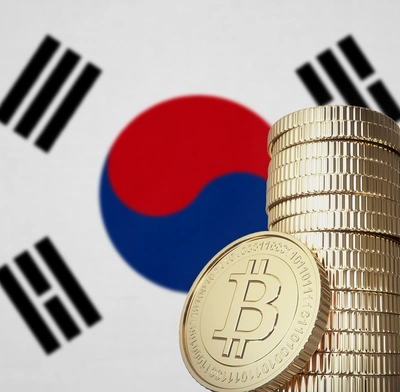South Korea elected a new president with an ambitious crypto agenda, positioning the country for potentially significant changes in digital asset policy.
Lee Jae-myung's Presidential Victory Signals Crypto-Friendly Era for South Korea

The new leader Lee Jae-myung takes office after a campaign promoting economic stability and reform, digital innovation, and strong support for cryptocurrency adoption. His convincing victory over former President Yoon Suk-yeol comes with a mandate to advance those policy goals in a country with 16 million crypto users.
Regulatory framework
South Korean policymakers have previously signaled an interest in crypto policy. In 2023, the National Assembly passed the Virtual Asset User Protection Act, providing a framework to regulate digital assets while setting penalties around unfair transactions. It also gave the national Financial Services Commission more authority to monitor the industry.
“We will create a safe investment environment.”
Although the election arose due to other grievances about former president Yoon – notably an imposition of martial law that led to the collapse of his government – a more welcoming stance on crypto may help the new president to cement his popularity among young and early middle-aged investors. More than half of Korean crypto users are in the 30s and 40s, according to exchange data used by the National Assembly’s Strategy and Finance Committee.
Spot crypto ETFs are currently banned under South Korean financial regulations – a policy Lee pledged to reform during his campaign, with support even from his conservative opponent. What set Lee apart for crypto watchers, however, was his proposal to launch a won-based stablecoin, signalling a stronger commitment to digital asset innovation with the country’s currency.
“We need to establish a won-backed stablecoin market to prevent national wealth from leaking overseas.”
South Korea’s economy ranks fourth in Asia, behind China, Japan and India, according to the International Monetary Fund (IMF). The global crypto community will be watching closely to see whether the country under President Lee becomes a model for progressive cryptocurrency adoption or encounters the typical challenges of implementing complex financial reforms.







